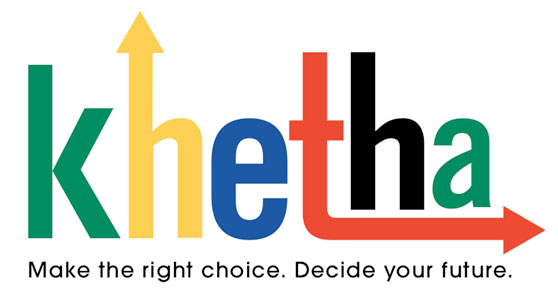When Assisting People living with Disabilities
A career development practitioner provides services that guide and advise people with disabilities to plan and manage their careers, make occupational decisions, plan careers transitions and find career information. Career development practitioners work in many diverse environments and may, therefore, need to possess certain specialised knowledge, skills, attitude and values. The following section will provide a comprehensive guide on how to advise people with disabilities.
The society at large have low expectations for people with disabilities, this should not be the case with career development practitioners because of a better understanding of life-long learning. When advising a person with disability first establish under which category the person falls, is she/he a learner, student, employee, or any person who does not fall under the aforementioned categories. It is also advisable to determine the type of disability a client has so that you can structure the information accordingly. Remember provisioning of information is not “a one size fits all” type of thing, you provide tailor-made career guidance according to the needs of clients.
In addition, consider the following:
- Guidance toward stereotypical occupational goals and incomplete information should be avoided.
- Emphasis on the following ideas will lead to non-restrictive career advice.
- Realistic information about employment trends in the current and future job market, do not leave out the occupations in high demand.
- Accurate information about educational and certification requirements.
- Examples of coping strategies and adaptations used by successful disabled people working in various careers, you can also provide success stories of famous people with disabilities.
- Decision-making based on interest, aptitude, and ability.
Note, however that an apparently restricted job market should not necessarily inhibit a student from pursuing it, for the situation may change. Moreover, after being informed about the current job market, the student with a disability—like others—has the right to go against the odds.
Advise your client to keep disability in its proper perspective. Encourage those with disabilities to focus on their status as students and not on their disability. Thus, disability-related special needs are just one of several criteria to consider in deciding where to study after high school.
Encourage your client to understand his/her disability-related needs and to negotiate accommodations with prospective post secondary training administrators to select the best choice among several possibilities. You can refer to this link to find out more about the institutional information for students with disabilities.
Practitioners Tools
- Career Guidance
- Careers for individuals living with disabilities
- Institutional information for people living with disabilities
- List of schools for learners living with disabilities provided by Department of Basic Education
- SA Human Rights Commission's Right to work of persons living with disabilities [PDF]
- Stats SA Profile of People living with disabilities [PDF]
- Disability Coding Framework (by DHET)

